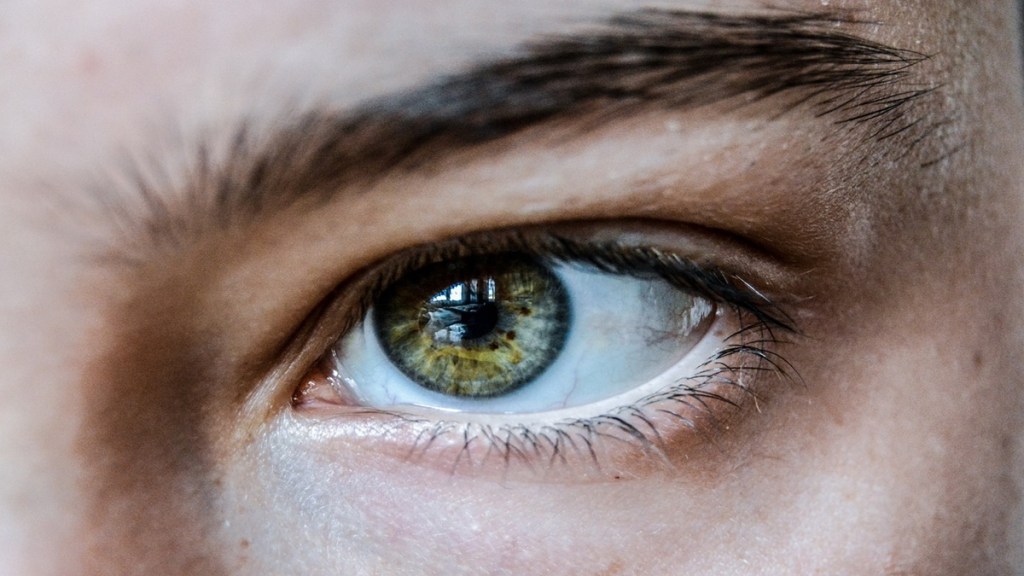Diwali 2024: Although Diwali is a joyous festival, the practice of bursting firecrackers and the resultant pollution can cause eye allergies and irritation for many people during such festive times. In such times, the individuals might ignore these discomforts, but after the celebration is over, they feel dry, itchy, and redness in their eyes to a great extent. These symptoms can indicate inflammation, which may cause discomfort or even trigger allergies. To help understand these concerns and maintain healthy eyesight, eye specialists share valuable insights on effectively managing eye irritation and allergies after Diwali.
What are some common post-Diwali eye issues?
Due to airborne irritants in the atmosphere during the festival of lights, the eyes endure significant stress, leading to common post-Diwali issues such as:
- Dryness and Itching: Particles and smoke emissions can negatively impact the glands responsible for eye moisture, resulting in excessive dryness and discomfort.
- Redness and Watering: Such exposure activates the immune system of the eye resulting in the overproduction of tears that act as an inflammatory substance.
Allergic Reactions: While pollution does not bother some people, many do suffer allergic reactions from irritants that can be found in fumes, vapors and even household dust.
How to manage eye irritation after Diwali?
Dr Neeraj Sanduja, MBBS, MS, Ophthalmologist, and Eye Surgeon, Viaan Eye and Retina Centre, maintains that pollution in the surroundings increases post-Diwali change in season and people tend to see the eye surface remaining dry and irritated.
“For anyone experiencing dryness, preservative-free artificial tears are a good choice,” he says. “These drops work effectively to rehydrate the eyes and help lubricate any irritating particles that may have been stuck on the surface during the festivities.” Dr. xyz also wants to stress drinking a lot of water, “The importance of drinking sufficient amount of water cannot be overemphasized, as it prevents the skin as well the eyes from drying. This can help restore the moisture barrier in the eyes and minimize further irritation.” He, however, notes that after the festival, if people practice this, excessive dry eyes can be avoided,” Dr. Sanduja told Financial Express.com.
Meanwhile, Dr Digvijay Singh, Director, Noble Eye Care, Gurugram, further explained the need to refrain from such activities which are prone to causing further irritation.
“If people rub or touch their eyes after exposure to pollution or dust, they may be causing micro-abrasions of the cornea which make it worse. These cuts in the cornea put one at an increased risk of infection,” she explained. If you feel the need to rub your eyes, Dr. abc also endorses using a cold compress for such circumstances. Furthermore, she pointed out that there are individuals who suffer from allergies who are able to control their symptoms by using antihistamine eye drops which can be bought from the drug store. Still she warns about their excessive use. “These drops can help to reduce “itchy eyes” and even redness which may arise from a few sprays but their application should be restricted simply because of a practitioner’s recommendation and not self-imposed misconception because over reliance on them may cause more harm than good,” Dr. Singh told Financial Express.com.
When to seek medical help?
It is common for patients to experience redness and mild irritation in their eyes, and such cases typically do not require medical assistance. However, if these mild symptoms persist for more than three consecutive days, it is essential to consult an eye professional. Moderate to severe redness, an increased amount of tear production, or changes in the retinal appearance warrant urgent attention, as these can be strong indicators of possible infection or serious health concerns. Sudden onset of unbearable pain, macular haziness, excessive local irritation, or swelling of the soft tissues surrounding the eye are alarming symptoms that require immediate intervention from an eye specialist to prevent permanent damage.
To mitigate post-Diwali eye problems and enjoy the festivities without compromising your eyesight, consider the following tips recommended by experts. As a start, make sure to use artificial tears, so your eyes are well lubricated, and drink enough water to prevent dehydration. Avoiding eye rubbing can help in alleviating chances of further aggravating the infection; use sunglasses outdoors instead to shield the eyes from dust. With the help of these precautions, one can easily steer clear of eye problems after Diwali and celebrate the festivities to the maximum without affecting their eyesight.
Although Diwali has ended, these post-care recommendations from eye specialists will help you cherish the memories of the festive period without suffering from any eye irritations or allergies.

